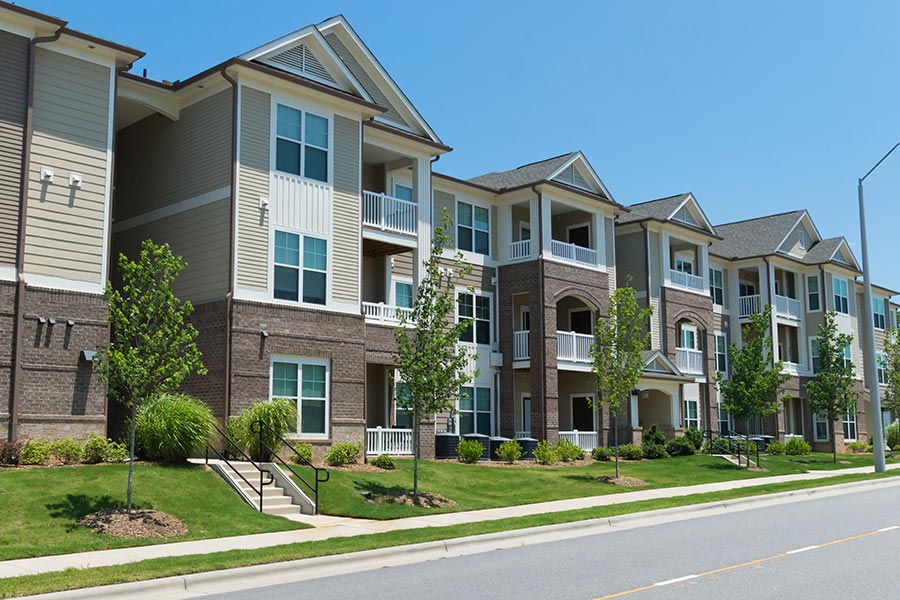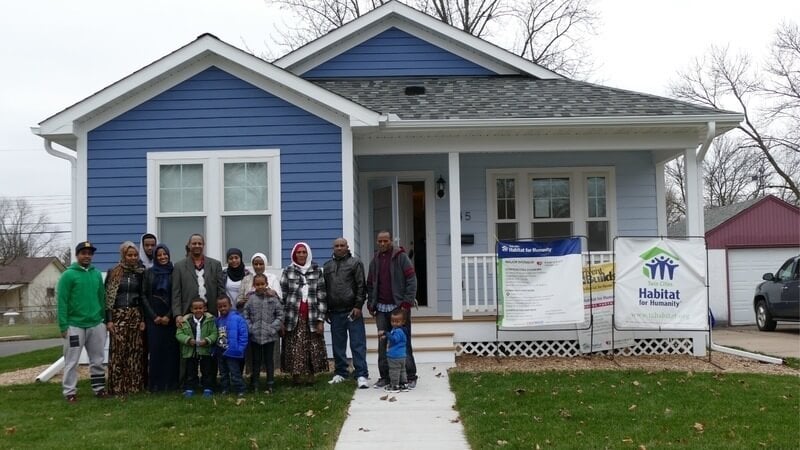Pro Tips on Securing Affordable Homeownership and Financial Stability
Pro Tips on Securing Affordable Homeownership and Financial Stability
Blog Article
Inexpensive Homeownership Options for First-Time Homebuyers
As the housing market proceeds to progress, novice buyers deal with one-of-a-kind difficulties in safeguarding budget-friendly homeownership alternatives. These efforts not just help with homeownership yet also foster neighborhood stability and financial development.
Government Assistance Programs
Government support programs play a critical function in making homeownership obtainable for numerous people and families. These programs intend to ease the monetary burden connected with acquiring a home, specifically for newbie customers. By offering monetary help, gives, and tax obligation rewards, federal government campaigns help connect the gap in between climbing housing costs and the buying power of possible homeowners.
Different programs are readily available at the federal, state, and local levels. For instance, the Federal Real Estate Administration (FHA) provides insurance coverage on lendings, enabling loan providers to provide a lot more desirable terms, such as reduced deposits and decreased rates of interest. Furthermore, state and city governments often have their own initiatives, which may include down repayment support programs, homebuyer education courses, and positive home loan terms.
These programs are made to resolve the one-of-a-kind obstacles dealt with by reduced- to moderate-income households, including limited financial savings and credit rating. By promoting an environment where homeownership is more accessible, government aid programs not only support individual ambitions but also add to neighborhood stability and financial growth. Understanding and making use of these resources can considerably boost the leads of successful homeownership.
Low-Down-Payment Mortgages
For many ambitious house owners, low-down-payment home loans present a sensible pathway to homeownership, especially in today's difficult real estate market. These mortgage choices generally call for down repayments varying from 3% to 5%, making it simpler for newbie buyers to go into the market without the concern of conserving for a substantial deposit.
Numerous loan providers offer low-down-payment programs, including conventional financings backed by Fannie Mae and Freddie Mac, as well as government-backed alternatives like FHA finances. These home loans are designed to fit people with minimal financial savings while still giving competitive interest rates. Significantly, they permit buyers to keep even more cash money for various other important expenditures, such as moving expenses, home evaluations, and potential restorations.
Nonetheless, prospective property owners must bear in mind the compromises associated with low-down-payment home mortgages. A smaller sized down settlement may lead to greater month-to-month repayments and the need of exclusive home loan insurance policy (PMI), which safeguards loan providers in situation of default. As a result, it is vital for novice buyers to conduct extensive research study and seek advice from with home loan specialists, guaranteeing they choose a low-down-payment choice that aligns with their long-term economic objectives. Affordable Homeownership.
First-Time Buyer Grants
Several newbie homebuyers locate that grants can dramatically alleviate the financial worry of buying a home, complementing low-down-payment home loan choices. These grants, often supplied by state and non-profit companies or local federal governments, provide monetary assistance that does not need settlement, making them an appealing alternative for those entering the real estate market.
Qualification you could check here for novice buyer grants normally depends on earnings, creditworthiness, and the purchase rate of the home. Many programs are created to assist low- to moderate-income families, making certain that support gets to those who need it most. The application procedure often includes documentation of economic standing, homebuyer education programs, and occasionally also a commitment to remain in the home for a specific duration.
The quantity helpful differs extensively, with some gives giving several thousand dollars to assist cover shutting expenses or down settlements. Researching available grants in your area is crucial, as programs frequently change and may have specific requirements. By leveraging these economic sources, new homebuyers can make homeownership more available, ultimately accomplishing their Related Site imagine having a home while alleviating the preliminary economic stress.
Innovative Neighborhood Efforts
Ingenious neighborhood initiatives are playing an essential duty in broadening cost effective homeownership options for citizens. These initiatives often include collective efforts between city governments, charitable companies, and personal industry stakeholders to create lasting housing solutions customized to area requirements.
One noteworthy technique is the establishment of community land trust funds (CLTs), which enable locals to buy homes while the land stays had by the trust. This version assists maintain price over time and avoids speculative rate increases. Furthermore, CLTs commonly give instructional resources and support solutions to empower new buyers.
One more reliable initiative is the growth of mixed-income housing tasks, which blend budget friendly systems with market-rate homes. This technique fosters inclusive areas and decreases the preconception typically associated with low-income housing. Moreover, city governments are increasingly sustaining zoning reforms to facilitate the building of accessory home devices (ADUs), which can offer extra rental revenue for property owners while boosting real estate schedule.

Tips for Budgeting and Saving

Following, establish a specialized cost savings account particularly for your future home acquisition. Aim to save a percentage of your revenue continually, preferably 20% or more, to build a substantial down repayment. Use automation devices, such as straight down payment or automatic transfers, to make saving simpler and extra consistent.
Furthermore, take into consideration embracing the Learn More 50/30/20 guideline: designate 50% of your earnings to needs, 30% to wants, and 20% to cost savings and debt settlement - Affordable Homeownership. This technique promotes well balanced financial health

Verdict
In recap, cost effective homeownership choices for new buyers encompass various sources such as federal government aid programs, low-down-payment mortgages, and grants. By leveraging these financial tools, people can browse the intricacies of homeownership, inevitably adding to an extra fair real estate landscape.
As the real estate market proceeds to evolve, first-time homebuyers encounter unique challenges in protecting cost effective homeownership alternatives. By promoting a setting where homeownership is a lot more easily accessible, government help programs not only support specific ambitions however additionally add to neighborhood stability and financial development. By leveraging these monetary sources, newbie property buyers can make homeownership a lot more available, ultimately achieving their desire of having a home while alleviating the preliminary financial pressure.
In summary, cost effective homeownership choices for novice homebuyers incorporate different resources such as federal government support programs, low-down-payment mortgages, and gives. By leveraging these monetary tools, people can navigate the intricacies of homeownership, eventually contributing to a more fair housing landscape.
Report this page